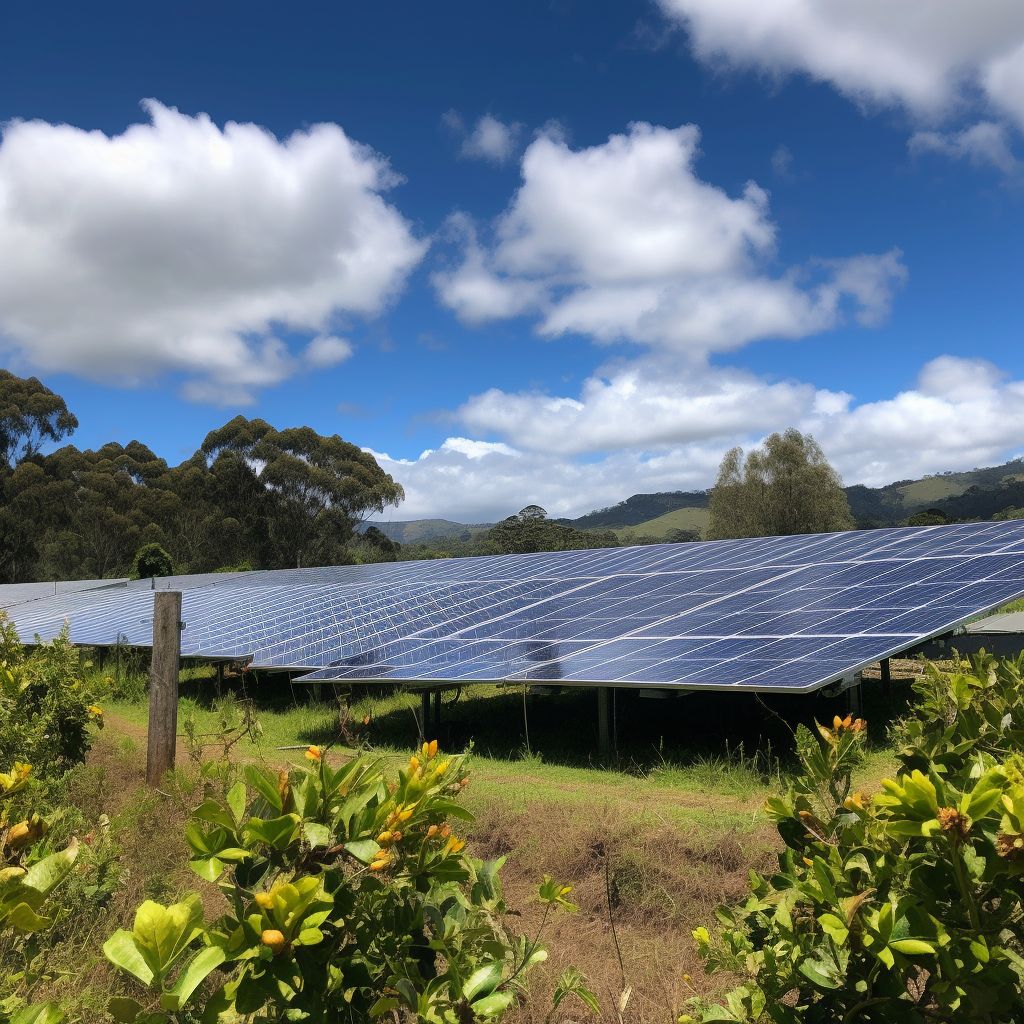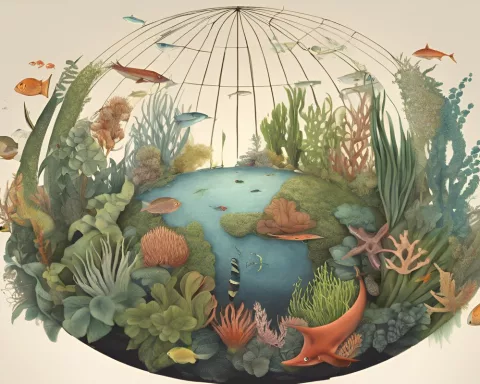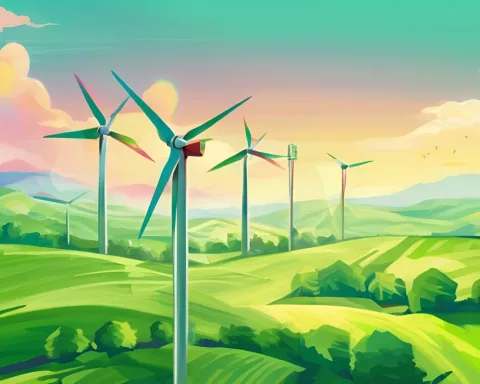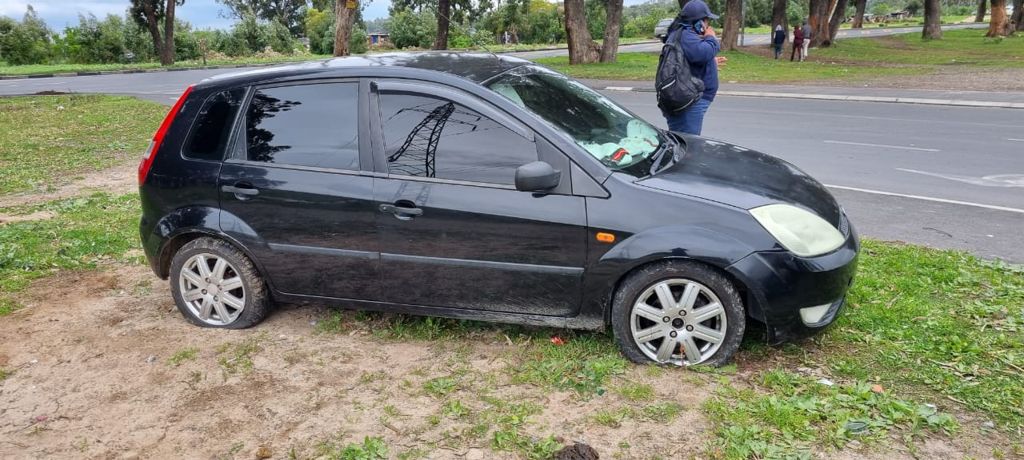Businesses worldwide are turning to renewable energy solutions to tackle power shortages and minimize their impact on the environment. The Western Cape Government (WCG) has been supporting this transition by creating a conducive environment. Fair Cape Dairies is one such company that has taken significant steps towards energy independence and environmental sustainability.
Journey Towards Energy Independence
In 2018, Fair Cape Dairies decided to minimize its reliance on Eskom, the state-owned energy monopoly in South Africa. The WCG shares this stance and encourages businesses to harness alternative energy sources. From 2020 to 2021, the company constructed a 1 MW solar power farm that has generated 3.32 GW of power.
Environmental Benefits and Reduced Carbon Footprint
The solar farm has had a significant impact on the environment. By utilizing solar energy, Fair Cape Dairies has reduced its carbon footprint by over 1 million kgs of CO2, equivalent to planting more than 38,000 trees. Melt Loubster, the company’s CEO, highlights the importance of renewable energy in creating a competitive business environment that fosters growth and innovation.
Exploring Additional Renewable Energy Solutions
Fair Cape Dairies aims to explore more renewable energy solutions beyond solar power. The company is currently investigating biodigesters, which could provide power 24/7. Biodigesters are systems that biologically digest organic materials to produce fertilizer or biogas. The fuel created through this process could potentially power the company’s delivery vehicles, further reducing its environmental impact and dependence on conventional energy sources.
Gaining Competitiveness through Sustainable Energy Solutions
Businesses transitioning to sustainable energy solutions can gain a competitive edge. Premier Alan Winde notes how the dependence on diesel to power generators has made many businesses less competitive. However, innovative solutions like Fair Cape Dairies’ exploration of biogas can improve competitiveness while promoting sustainability.
Supporting Good Governance and Transparency in the Energy Sector
Premier Winde supports the National Treasury’s decision not to grant Eskom an exemption from the Public Finance Management Act. He emphasizes the importance of good governance and well-run services that deliver electricity to individuals and businesses. Winde had previously opposed a proposal that would exempt Eskom from disclosing its irregular, fruitless, and wasteful expenditure in its annual financial statements.
Fair Cape Dairies’ initiatives towards renewable energy and exploration of innovative solutions demonstrate how businesses can transition to sustainable practices while remaining competitive. As more companies follow suit and governments create supportive environments, a greener and more prosperous future for businesses and communities becomes increasingly possible.












